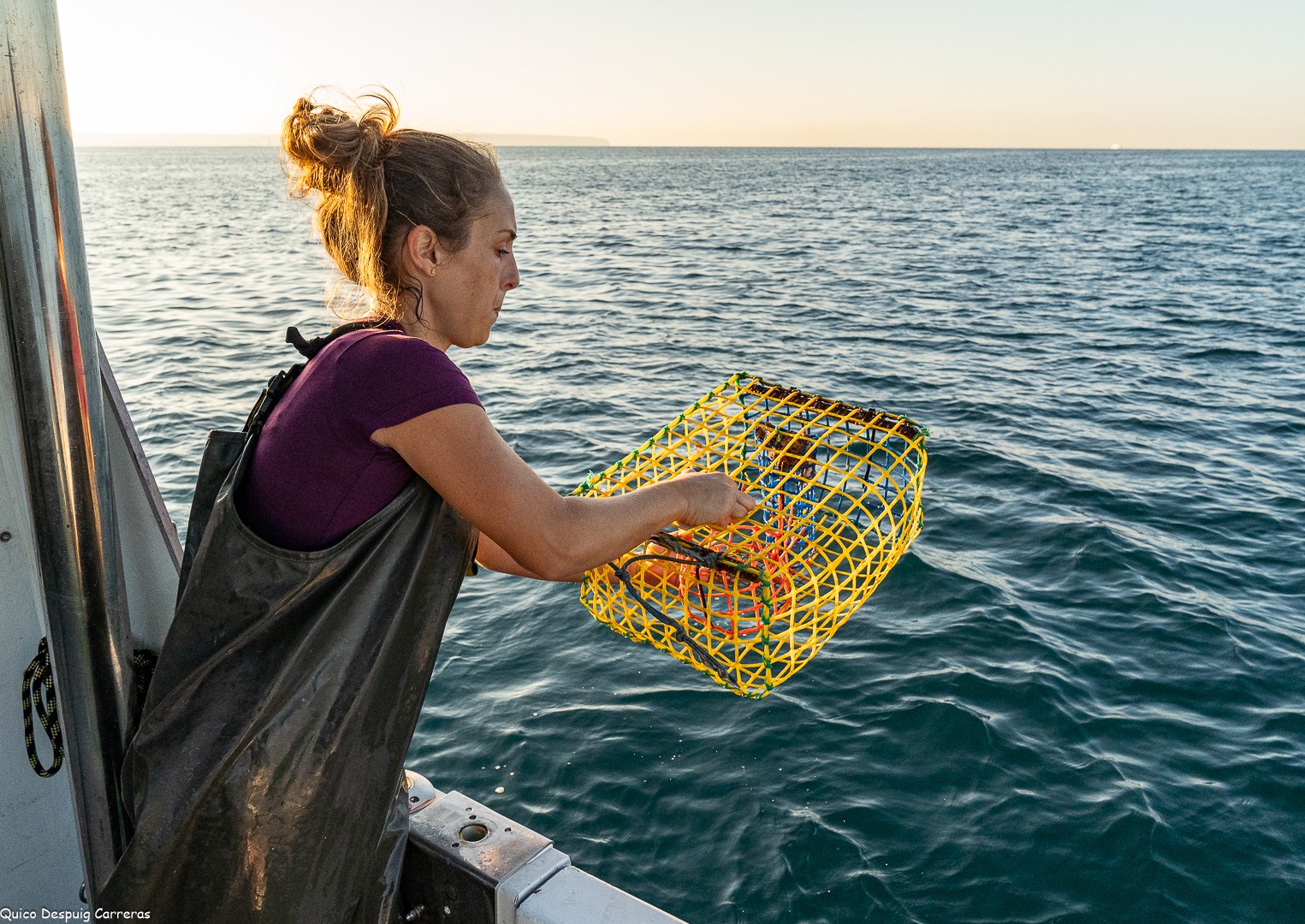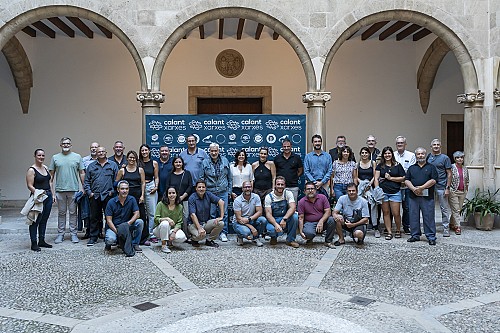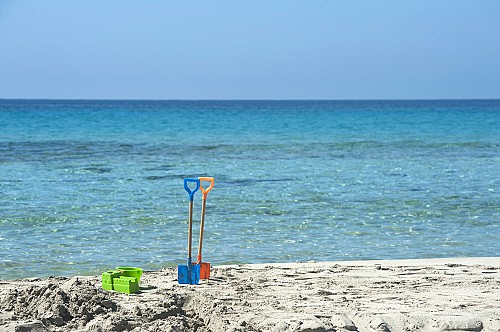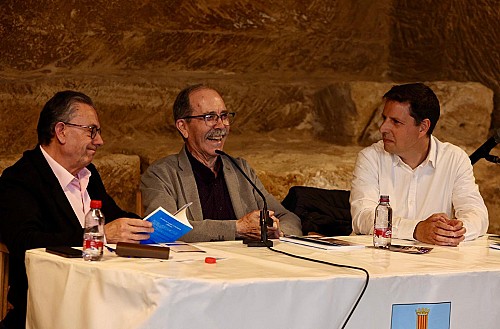"Scientists and fisheries can work together to manage resources in a sustainable way"
Published 12.01.2024
Share

Lucía Loubet Oliver (Palma, 1992) is a biologist with a Master's in Marine Ecology and trained in diving and sailing. Last year, she started fishing from the N’alegria. Lucía has been linked to the sea since she was a child, when she spent her holidays on her father's sailboat and fishing at weekends.
You are a marine biologist by training and a fisher by profession. How did you get into the world of fishing?
I met Jaume Amengual (nautical artisan, teacher, and skipper) several years ago on some nautical courses he taught. In September last year, I went back to him as a teacher to obtain my certificate as a sailor-fisher and he suggested that I work with him. I was completely taken by surprise, as I had never thought about working on a fishing boat. But I accepted. I’ve always had great admiration for Jaume and I knew that I would learn a lot, as well as have the opportunity to get to know a perspective of the sea which I really didn't know at all.
What kind of fishing do you do on your boat?
The fishing boat has a licence for various types of small fishing gears, such as pots, longlines, trammel nets... Since I’ve been on board we have fished exclusively with the traditional nasa (fish traps) for octopus. We’re collaborating with the "pescapop" project of the Spanish Institute of Oceanography (IEO), which studies octopus fishing with traps in the Balearic Islands. Right now, we are in octopus season so we go out on Mondays, Wednesdays, and Fridays, weather permitting, and quite often we have observers on board.
How do you see the future of professional fishing in the Balearic Islands? Do you think there is a generational replacement?
The future is quite uncertain. One problem is the generational changeover, but it’s not the only problem, nor is it the most important one. One of the main problems is the lack of specific training for the sector. There is none; only calls for free exams.
Does the future of fishing lie in sustainability?
The vast majority of small-scale gears are sustainable. However, it is essential to improve communication between fishers, administration, scientists and marine conservation organisations. The best way to achieve sustainable fisheries is co-management, in which fishermen are directly involved in decision-making and actively collaborate.
"The best way to achieve sustainable fisheries is co-management, in which fishermen are directly involved in decision-making and actively collaborate"
How do you think professional fishing can contribute to better management of fish stocks?
Observations and fishers’ perceptions of the behaviour of fisheries are essential. Fisheries could build a close relationship with scientists. These two sectors have a common purpose and together they can work to manage resources in a sustainable way.
You are young and you are in a very male-dominated profession. Has this been a problem for you? Tell us about your experience.
I haven't had any problems, although you have to bear in mind that in my case, I was introduced by a person who is valued and respected in the sector. With him, I have been comfortable and at ease learning regardless of age or sex. At the beginning I did feel that I was looked at with astonishment, but I never received any comments out of place or met any unpleasant situations; quite the contrary. After a few weeks, and taking into account that I am a shy person, I felt like just another sailor. I am really at ease.
"Observations and fishers’ perceptions of the behaviour of fisheries are essential"
How do you combine being a marine biologist with being a fisher?
I have always had in mind to bring together nautical and science. I haven’t ruled out the possibility of carrying out a project combining science and fishing, but I still have a lot to learn for that.
Your boat is registered to carry out Pesca Turismo activity. What has been your experience of taking tourists on board?
For the moment, the project has not gained momentum. We have made some pilot trips and people really enjoy the experience. It’s very interesting and nice for people to get involved with the sea and especially with fishing. It's an opportunity to combine professional fishing and, in some way, environmental education.
What do you like most about being a fisher? And what do you like the least?
What I like most is being at sea. Every day is different. What I like the least... I don't really know what to say, although it is a hard job that requires a lot of time and dedication.
Apart from fishing, what is your relationship with the sea?
I have an 8-metre sailboat and I am very passionate about diving.
TEST FOR SEALOVERS
A book: Sailing to the Reefs by Bernad Moitessier.
An image that evokes the Balearics: The sea.
A marine species: Mediterranean fanworm (Sabella spallanzanii).
A person or organisation of reference: Naomi James, the first woman to circumnavigate the world alone and non-stop.
A beach: Cala de Trebalúger (Menorca).
Optimist, realist, or pessimist? Optimist.
Marilles in the media
- 10/12/2024 : "«La flota de arrastre balear es la más maltratada del litoral mediterráneo español»"
- 09/12/2024 : "La Fundación Marilles pide que se defienda “la singularidad de la flota pesquera de Baleares”"
- 09/12/2024 dBalears: "Marilles demana que es defensi la singularitat de la flota pesquera balear"




